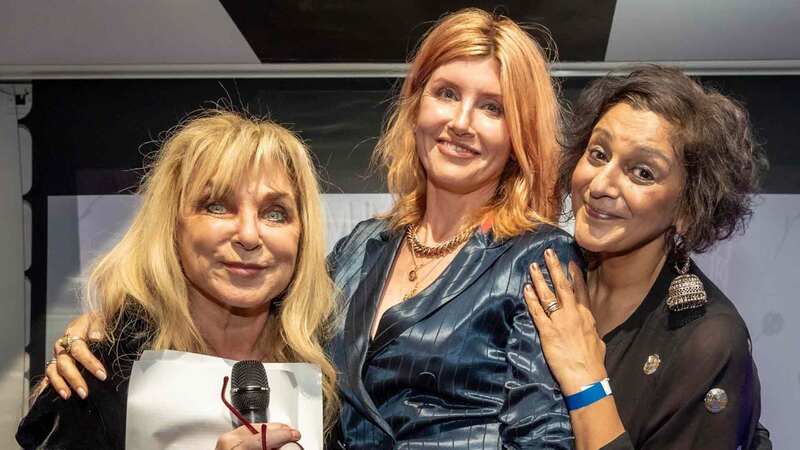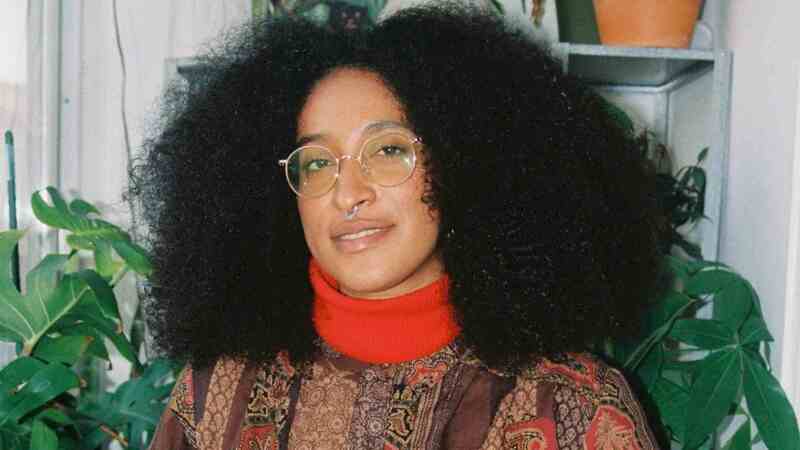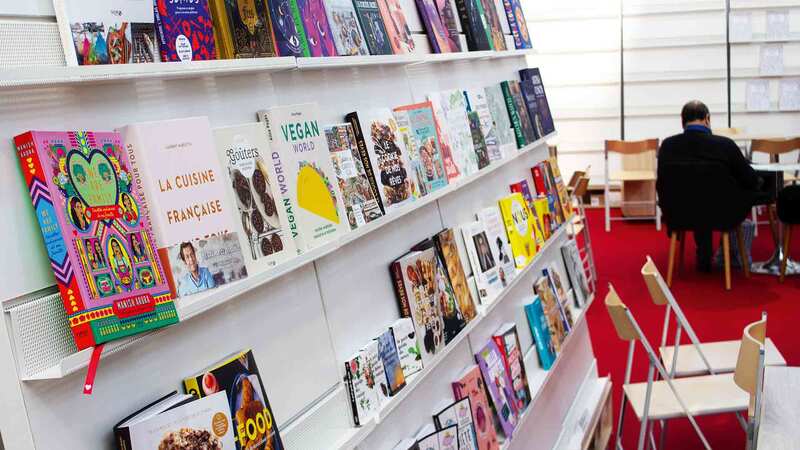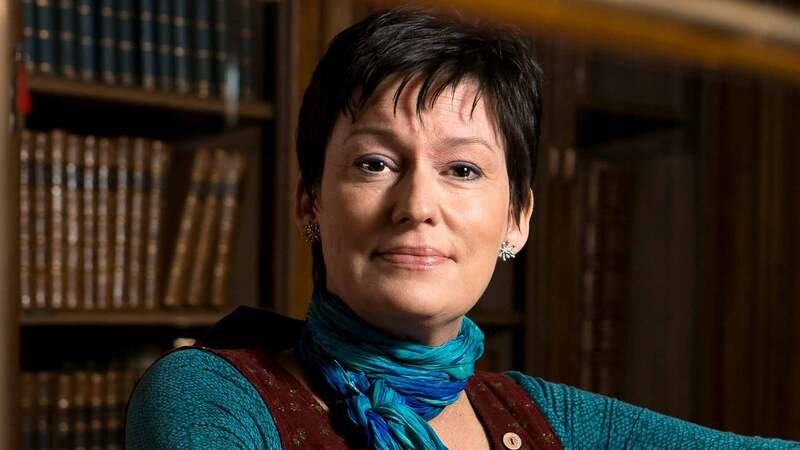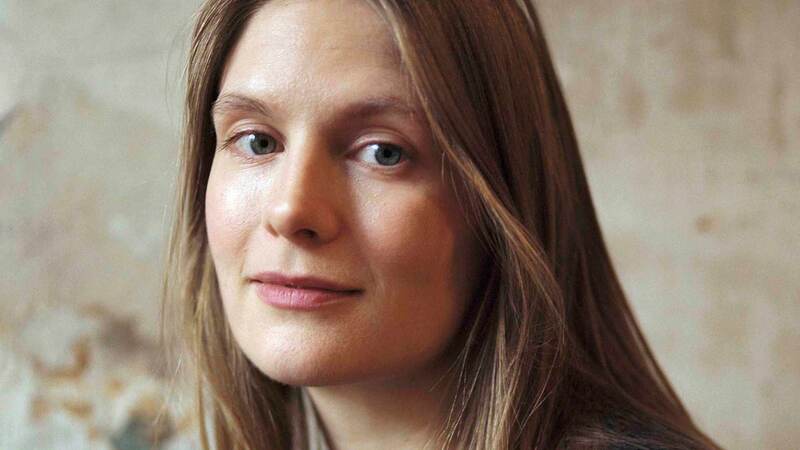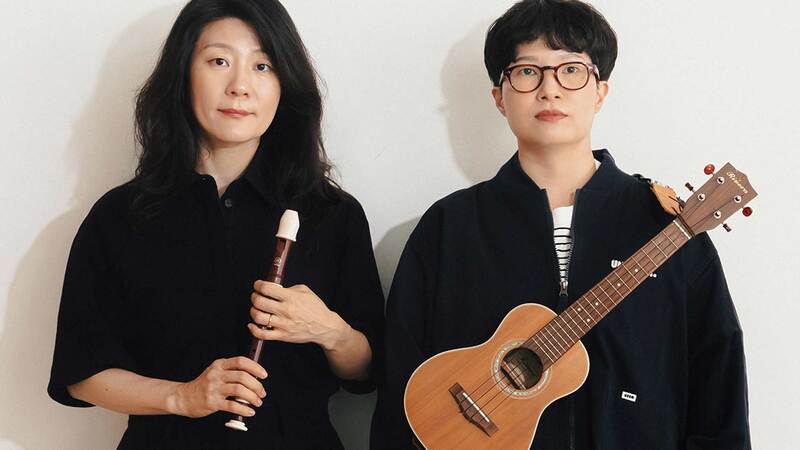You are viewing your 1 free article this month. Login to read more articles.
Must writers get on BookTok?
No longer the underdog, BookTok is driving sales – so is it time for more authors to jump in?
BookTok – for some, synonymous with shallow aesthetics and performance; for others, a welcoming community of people who just get it – has changed the publishing landscape in recent years. Much of its power has come from its status as an underdog: a gathering of (often young, often female) readers whose preferences can rival the sway of literary critics. Except BookTok’s underdog narrative no longer fits – names like Colleen Hoover, Alex Aster and, most recently, Rebecca Yarros have put it right at the heart of industry campaigns and sales. Yet many authors remain mystified on how to use the app, if not downright terrified. Do writers have to participate in the whirlwind if they want to keep up?
Alexene Farol Follmuth, also known under the pen name Olivie Blake – one of the first major success stories derived from the platform with her originally self-published fantasy novel The Atlas Six – never had a BookTok account when her book went viral. She still doesn’t.
“I continue to not be on TikTok for a number of reasons (primarily that I have a two-year-old and no time), but also because I recognise BookTok as a space primarily for readers, not authors. In my opinion, BookTok as a sales tool is no different from what has always sold books in publishing, which is word of mouth, only at a massively exponential scale due to the relative ease of virality and the efficacy of its For You Page. What I personally found remarkable about the rise of BookTok in 2020 was the community, and the urgency with which BookTok creators shared their love of reading, particularly among young women who were intentionally seeking out indie books and marginalised authors.”
Meg Smitherman, an independent author whose recent release Destroyer is popular on the platform – it’s a romantasy (a genre having a boom driven by BookTok) with dark academia elements, fated love and a female archaeologist – always knew she was going to self-publish the book, despite having previously pursued a career in traditional publishing, because of the success she saw from other self-published and indie authors on BookTok. She started to take the platform seriously in 2022, and though one of her posts has 300,000 views, she’s hesitant to call any of her content viral, and has mixed feelings about the experience.
“I’ve learned a lot in the past year and definitely feel more comfortable with [BookTok], but on the flip side, whenever there are lulls in views or engagement, it can really take a toll not only my book sales, but my mental health. I almost fully rely on TikTok to sell books, so when a post flops, it’s always a letdown. Sometimes it takes just as much effort and inspiration to come up with a post as it does to write.”
Bottom line: BookTok can be both brilliant and unpredictable, and not every writer is going to enjoy or thrive there
Having to post so frequently – the app advises around one to four posts per day for maximum impact – can certainly take away from writing time, and it’s no wonder that some authors feel drained by the process, in much the same way BookTok has been accused of taking the joy out of reading. As Blake puts it to me: “When I was asked about BookTok in 2021/2022, I expressed some concern that as publishers began to monetise BookTok – and as TikTok as a platform continued to be most interested in prioritising certain faces over others – we might mistakenly come to view BookTok as less a collection of diverse, passionate readers and more a monolith promoting titles that would receive publisher support anyway, and to some extent I think we can agree that is true.”
BookTok is being criticised for becoming an echo chamber, with its disproportionately young, white and female usership dominating the bestseller list. But underrepresented writers are still finding huge value from being on the platform too.
Aparna Verma’s book The Phoenix King, a sci-fi fantasy written with a desire to highlight non-stereotypical Indian characters in fiction, was originally self-published but has recently been published by Orbit after being picked up due to TikTok success. For her, engaging with south Asian readers as a result of BookTok was one of the most fruitful outcomes she’s gained from the platform, because she couldn’t find that connection elsewhere:
“This wasn’t something I found before BookTok, it was really cool to see so many south Asian readers love [my book]...when NBC news did a feature [about me and my book], they took TikToks from readers and you’re seeing these amazing, beautiful, brown women across national news – it wasn’t about me and my book, but the community.”
Blake feels similarly enthused that, despite there being a predictable element of commodification on the app, “when users are authentically loving and supporting books, there is a corner of BookTok for everyone.” As does Smitherman: “There’s no limit to what can go viral, and oftentimes – especially on TikTok – it’s the bigger corporations who flop, while the smaller creators get views and engagement, because it’s obvious that they’re genuine people doing what they love.”
Bottom line: BookTok can be both brilliant and unpredictable, and not every writer is going to enjoy or thrive there. Right now, the BookTok girlies love Taylor Swift and Travis Kelce. Tomorrow, they might love an author’s backlist gem from 2001. It’s the beauty and the madness of a fast-moving platform that intersects with wider fandom and pop-culture. But this is nothing new; BookTube is still a more powerful book discoverability platform than BookTok, Bookstagram is still criticised for prizing aesthetics over artistry much like BookTok, and problems with diversity, representation and performative activism dog all social platforms.
The truth is, some writers have always excelled with self-promotion – Virginia Woolf went shopping with Vogue; James Patterson works closely on how his empire of stories is conveyed – while others despise it as a distraction from the work. This is not to say that having more and more emphasis on the author to do this work is not exhausting, but that it is not a problem that starts with any app.
Blake sums up the pressures of joining BookTok as an author: “Shifting the primary burden of sales to the author is essentially exploitation, particularly when it comes to marginalised creators. The amount of money a publisher puts into a book or an author will almost always be more indicative of sales than whatever engagement the author can individually generate. If you are an aspiring author who loves BookTok, then participation in the BookTok community can lead to great things the way that participation in any community can. If you dislike or have no interest in it, I don’t see it as an effective use of your personal resources. Content creation is valuable for a reason, and popular content creators develop a large following as a result of time, talent and mutual engagement. As an artist, though, dividing your time and talent between generating engagement on BookTok and writing your novel is precisely that – a division of your time and talent.”
It’s up to every individual to understand their own nature, and to do the time-management maths.












